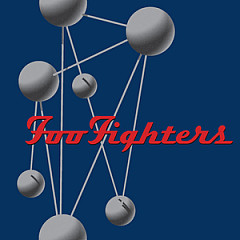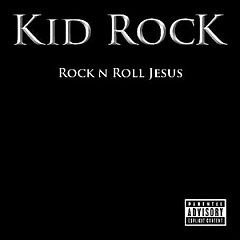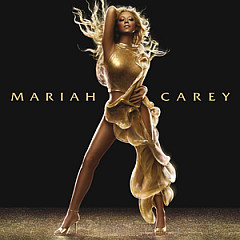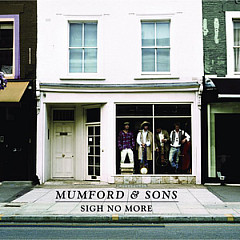

The Foo Fighters song "Everlong" isn't about Kurt Cobain, but Dave Grohl's girlfriend at the time, Veruca Salt frontwoman Louise Post.

In "Kiss From A Rose," seal sings "kiss from a rose on a gray," not "grave," but he won't explain the lyric, feeling listeners should adapt the song to their own experience.

Kid Rock performed his song "Amen" at Barack Obama's inaugural, but claims he didn't vote for him.

The voice is that says "here we go" in the AJR song "Bang!" belongs to Charlie Pellett, the announcer on the New York City subway ("stand clear of the closing doors, please").

Mariah Carey's "We Belong Together" was the best-selling song of the 2000s in the US.

"The Cave" by Mumford & Sons is based on the philosophy of Plato and his work called "Allegory of the Cave."

Find out how God and glam metal go together from the Stryper frontman.

Hitmaker Carl Sturken on writing and producing for Rihanna, 'N Sync, Christina Aguilera, Kelly Clarkson, Donny Osmond, Shakira and Karyn White.

Daniel Lanois on his album Heavy Sun, and the inside stories of songs he produced for U2, Peter Gabriel, and Bob Dylan.

A top country songwriter, Barry talks about writing hits for Little Big Town, Tim McGraw and Jason Aldean.

Meshell Ndegeocello talks about recording "Wild Night" with John Mellencamp, and explains why she shied away from the spotlight.

The renown Texas songwriter has been at it for 40 years, with tales to tell about The Flatlanders and The Clash - that's Joe's Tex-Mex on "Should I Stay or Should I Go?"